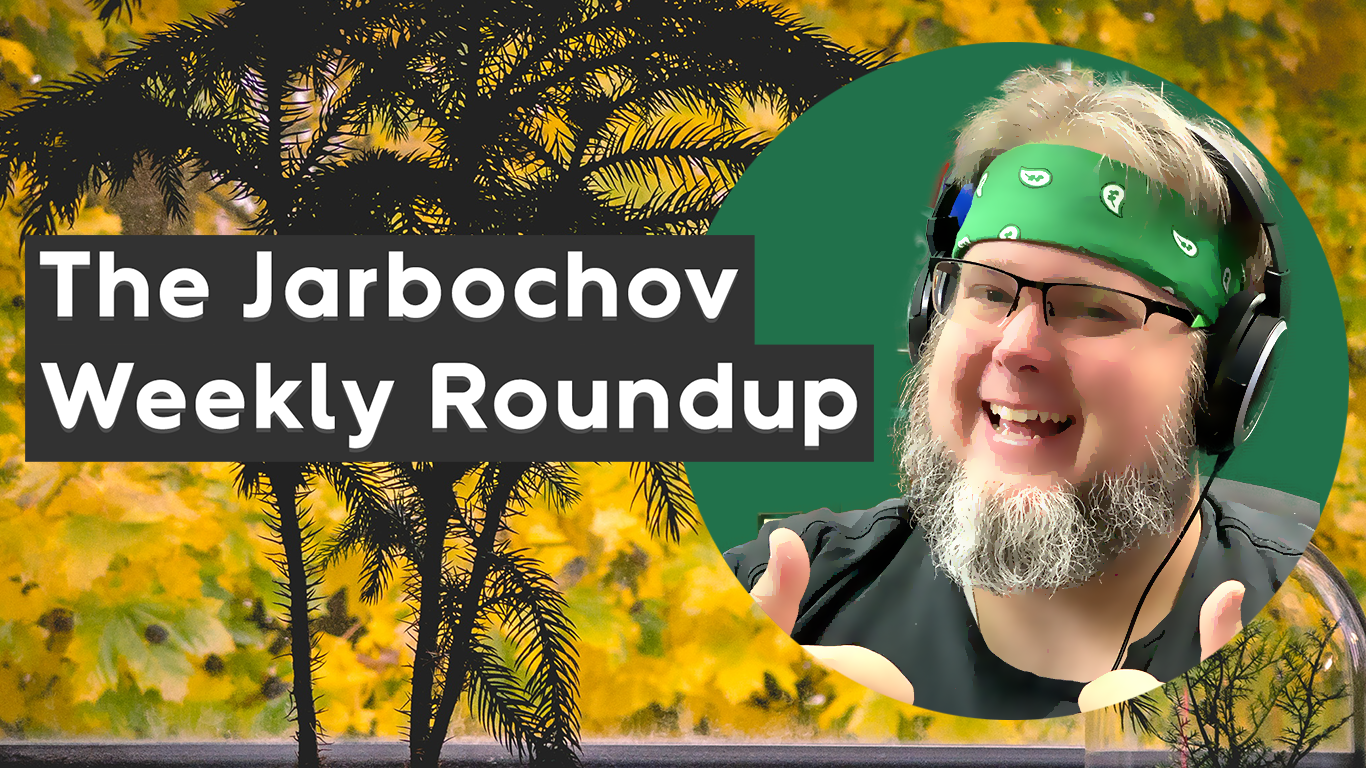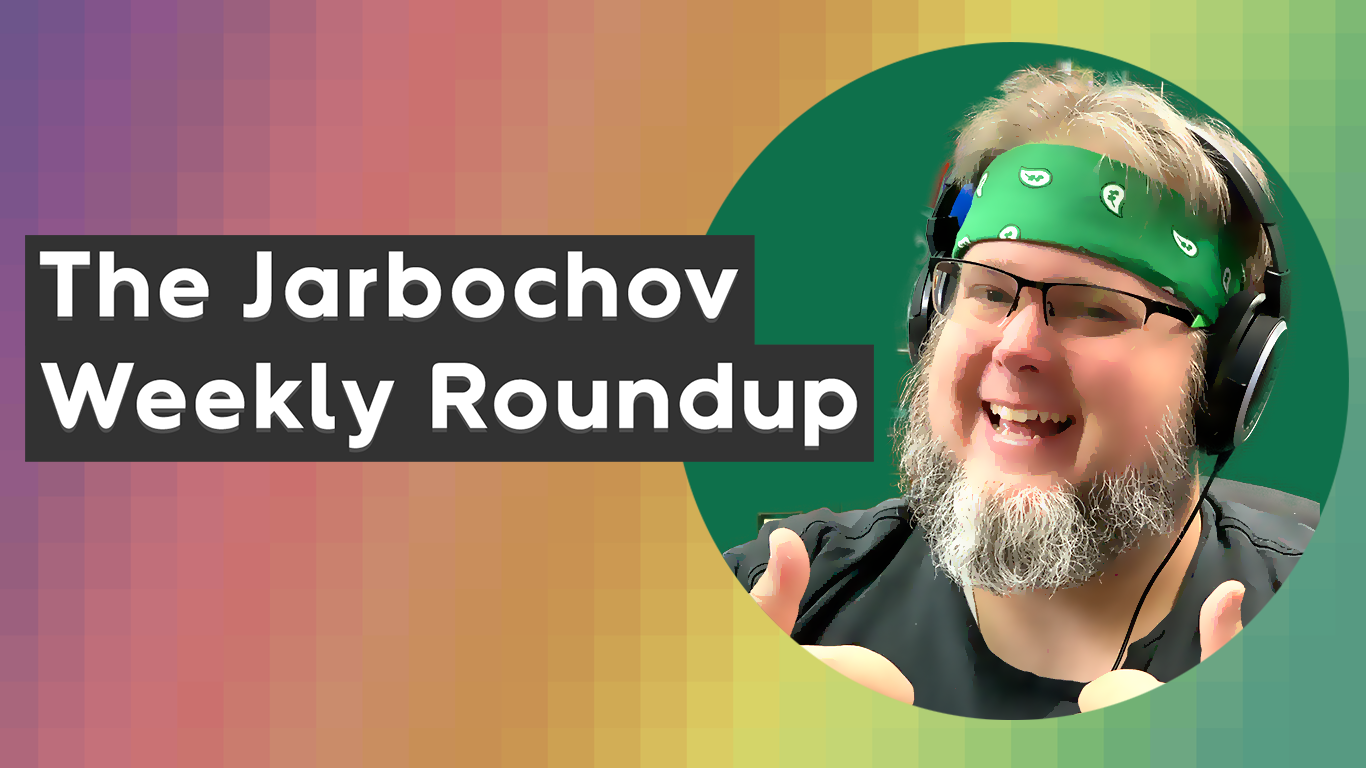Tag: twitter
-
Twitter
With Twitter’s possible inevitable collapse, I find myself wanting to go back to the blog. You know, before the whole microblog. Twitter was never perfect and maybe it can and will be better. Time will only tell. RSS never died. Podcasting and feed readers still power the truly democratized web envisioned decades ago. Newsletters are… ➡️
-
The Jarbochov Weekly Roundup (November 19th, 2021)
This roundup is part of a leaked Black Friday ad. So many savings enclosed! ➡️
-
The Jarbochov Weekly Roundup (November 12th, 2021)
This roundup is sitting inside your dresser drawer. It’s always been there, but you haven’t looked at it in quite some time. Do you still need it? Why did you feel you kept it in the first place? ➡️
-
The Jarbochov Weekly Roundup (October 8th, 2021)
This roundup is a normal one. Nothing exciting. Pretty mediocre. ➡️
-
The Jarbochov Weekly Roundup (August 20th, 2021)
Relax with a cup of your favorite warmed beveraga and read the weekly roundup. ➡️
-
Google Buzz. Sting!
Google Buzz has debuted with a lot of buzz itself. A few privacy concerns have popped up that Google has addressed here, and here. Google Buzz has an advantage: A huge head start of users via Gmail. I envision Buzz being a social aggregator nearing the awesomeness of what Friendfeed was before Facebook acquired them… ➡️

